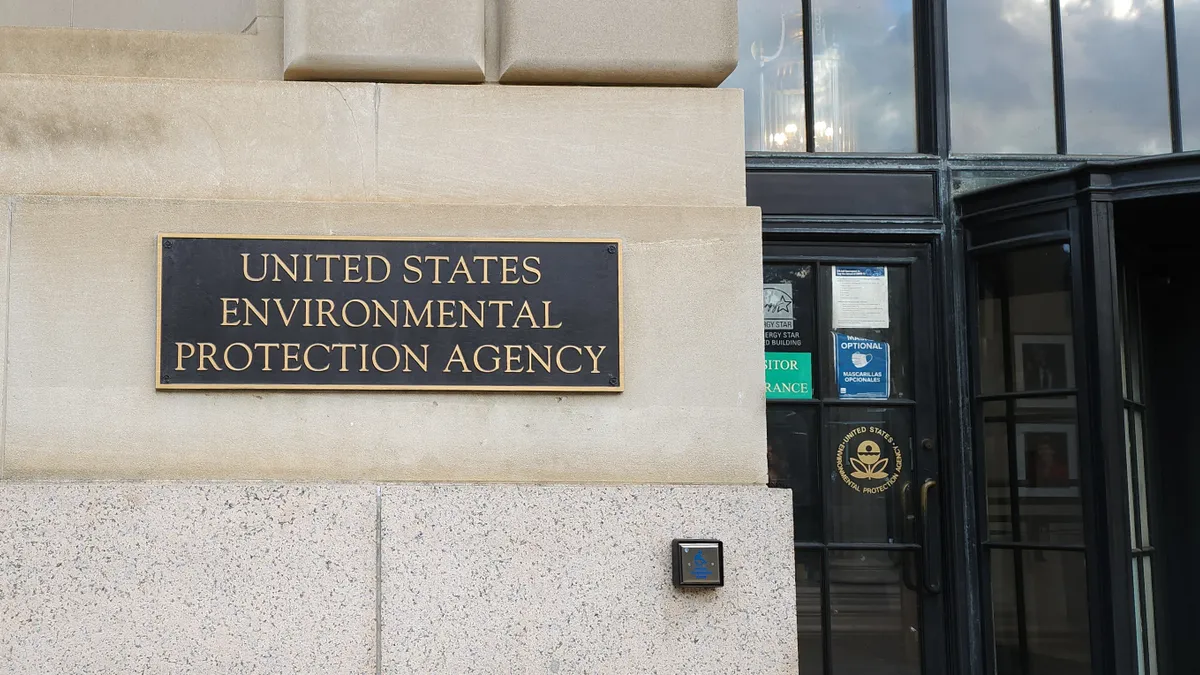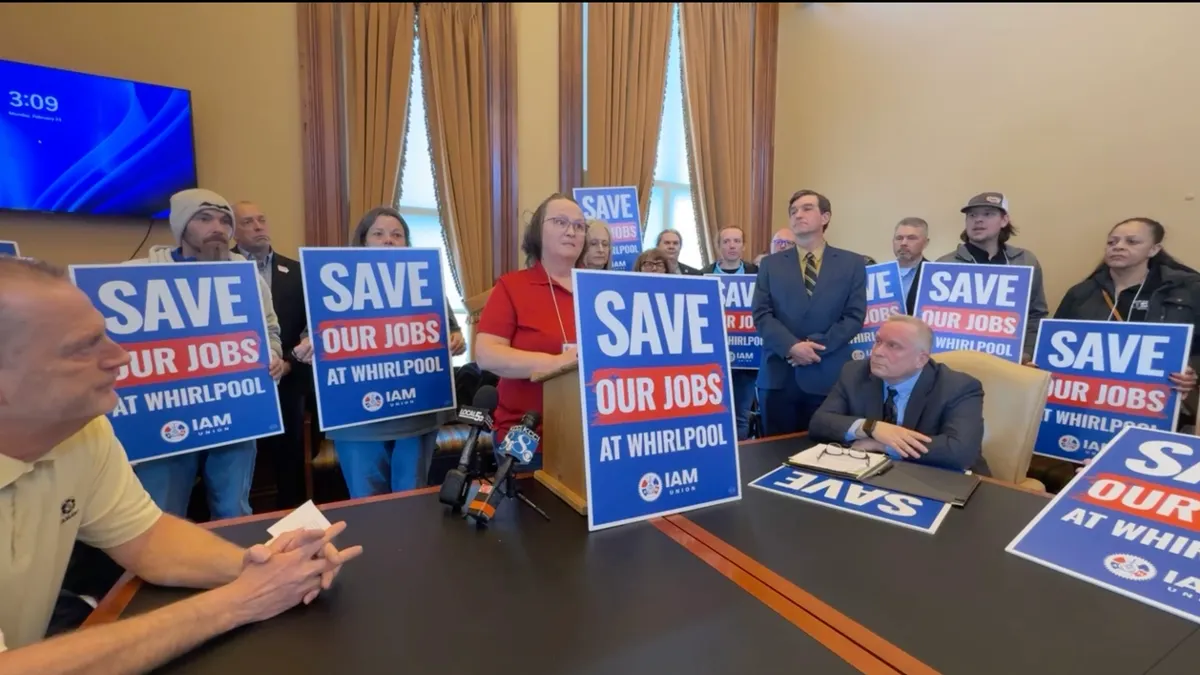The U.S. Environmental Protection Agency issued a proposed rule on Monday that could revise the risk evaluation process for existing chemicals under the Toxic Substances Control Act, or TSCA.
The proposed rule also targets the current regulation, which was finalized last year under the Biden administration, as it may hinder the “timely completion” of risk evaluations. Additionally, the regulation could “unnecessarily impair” the EPA’s capability to protect public health and the environment, the agency said.
Some of the proposed changes include modifying the risk assessment of each circumstance of the chemical’s use, as the rule currently assesses the chemical’s risk. The proposal intends to clarify how the EPA will determine occupational exposure controls such as personal protective equipment. It also aims to clear up the agency’s authorized purpose in determining which circumstances of a chemical’s use and its exposure routes and pathways it will deem in a risk evaluation.
The drafted amendment aims to ensure the agency can improve its efficiency and effectiveness in protecting human health and the environment in compliance with the law, while addressing public comments and concerns, the agency claims in the press release. The actions align with EPA Administrator Lee Zeldin’s “Powering the Great American Comeback” initiative that aims to create more jobs and grow the U.S. economy. Those efforts include reforming and streamlining permit processing as well as working with other federal and state agencies and businesses to protect the environment.
The EPA launched an extensive deregulation effort on March 12, involving 31 actions aimed at alleviating federal government oversight of climate-related rules, including the reassessment of the risk management program that considered “oil and natural gas refineries and chemical facilities less safe.”
The EPA’s actions also support a couple of President Donald Trump’s executive orders that are targeted at cutting costs and reducing the federal government’s oversight. The agency’s efforts align with the president’s “Restoring Gold Standard Science” order, aiming to modify scientific research and data that the administration deems “politicized” and “false,” according to the proposed rule.
Trade groups such as the American Chemistry Council praised the EPA’s efforts.
“By revisiting provisions that created unnecessary complexity, confusion and uncertainty, the EPA is taking steps to ensure that TSCA risk evaluations incorporate the best available and most recent science by adequately considering relevant exposures and condition of use information to inform decision-making,” Kimberly Wise White, ACC’s VP of regulatory and scientific affairs, said in a statement.
Environmental advocacy groups such as the Environmental Protection Network, on the other hand, said it weakens the agency’s review evaluations.
“This proposal is part of a broader effort to strip away the safeguards that keep cancer-causing and brain-harming chemicals out of our homes, schools, and workplaces,” Betsy Southerland, the former director of the Office of Science and Technology in EPA’s Office of Water, said in a statement. “Families deserve an EPA that protects their health — not one that bends to industry pressure and leaves communities unprotected.”
The current version of the regulation went into effect on July 2, 2024, and aligns with the chemical safety amendment enacted in 2016 under TSCA, known as the Frank R. Lautenberg Chemical Safety for the 21st Century Act.
Since the rule was finalized in April 2024, however, the regulation has faced pushback from the chemical and manufacturing industries and labor unions.
In May 2024, the United Steel Workers and the AFL-CIO filed a petition in a Washington, D.C. circuit court asking the judge to review the risk assessment rule. The EPA filed a request to temporarily suspend the case while the Trump administration reviewed the regulation, but a judge denied the agency’s request in February.
Earlier this month, more than 100 trade groups sent a letter to members of the U.S. representatives and Senate, urging them to improve the TSCA law implementation. They also offered their assistance to help improve the legislation.






















